Corporate Office
40W201 Wasco Road, Suite D
St. Charles, IL 60175
Phone: 630.587.0470
Fax: 630.587.0475
Buy America – Buy American Acts
There are several legal authorities requiring the use and purchase of iron and steel products that are produced in the United States for rail and road transportation projects as well as construction or repair of public water and sewer systems or treatment works. The requirements apply to purchases made by both the U.S. government, recipients of federal funds, and third-party procurements, such as projects funded by the Federal Transportation Administration (FTA) grants or Clean Water State Revolving Fund projects.
The Buy American Act was established in 1933 and has a broad range of applications. The Act requires the United States government to prefer products produced in the United States in its purchases. This act has broad guidelines and is more easily fulfilled than the similarly named Buy America Act and the American Iron and Steel (AIS) requirements. The major requirement of the Buy American Act is that greater than 50% of the material cost must be US sourced, this pertains to the mining and manufacturing costs. A notable clause within this Act is that assembly is a form of manufacturing. This means that parts smelted outside of the country, but assembled within the U.S. satisfy the Buy American Act and are considered locally manufactured. Waivers (exceptions) to this act include stipulations for the following; use abroad, against public interest, unreasonable costs and unreasonable availability in sufficient quantity and quality, and various statutory waivers in agreement with various international agreements.
The Buy America Act applies to purchases related to the construction of federally funded roads, highways, railways and moving of utilities for such projects. The Buy America Act and AIS are stricter than the Buy American Act and hold many similar requirements to one another. Major requirements of the Buy America Act include; all iron and steel must be manufactured within the U.S. (waivers can provide minor exemption, of which are similar to the AIS waivers), and all phases/components of the project must fulfill the Buy America Requirements. For instance; if an FTA funded project includes relocation of utilities and the local Village/City is paying for these costs, the requirements of the Buy America Act must still be fulfilled even though no federal money is being used for these costs. Waivers that can be used as exemption to these requirements include the following; costs are inconsistent with public interest, material is not manufactured in sufficient quantity/quality locally, cost of the single material increases the cost of the overall project by 25%, and the De Minimis waiver: costs do not exceed the greater of $2,500 or 0.1% of the total cost of the project. The De Minimis waiver cannot be used for a single “highly manufactured,” (Valve, motor, etc.) item. It is usually used for mass produced fastening material, such as nuts and bolts.
The Clean Water Act requires the use of AIS in Clean Water State Revolving Fund projects. The AIS requirements are similar to those under the Buy America Act. AIS requirements have been specifically defined to apply to the following equipment; lined or unlined pipes or fittings, manhole covers and other municipal castings (additional definition provided), hydrants, tanks, flanges, pipe clamps and restraints, valves, structural steel, reinforced precast concrete, and construction materials. Waivers include; inconsistent with public interest, production in insufficient quantities and quality, and the cost of the entire project will increase by more than 25% with a locally sourced product. The De Minimis waiver from AIS allows 5% of incidental components (must also be less than 1% of the total cost of materials), to not be locally sourced (again, this usually applies to nuts and bolts). Not to be confused with the De Minimis waiver, the Minor Components waiver applies to manufacturers and allows a manufacturer to use 5% (cost) of the components to be sourced outside the US.
It is the funding recipient’s responsibility to assure that all construction and purchase contracts are executed in compliance with AIS and Buy America requirements. The recipient is also required to maintain a record of all forms and certifications necessary to demonstrate compliance. Intentional and unintentional violation of these acts usually result in removal and replacement to the offending material and a major cost to the contractor or manufacturer.
CORPORATE OFFICE
© Trotter & Associates, Inc.
CORPORATE OFFICE
© Trotter & Associates, Inc.

